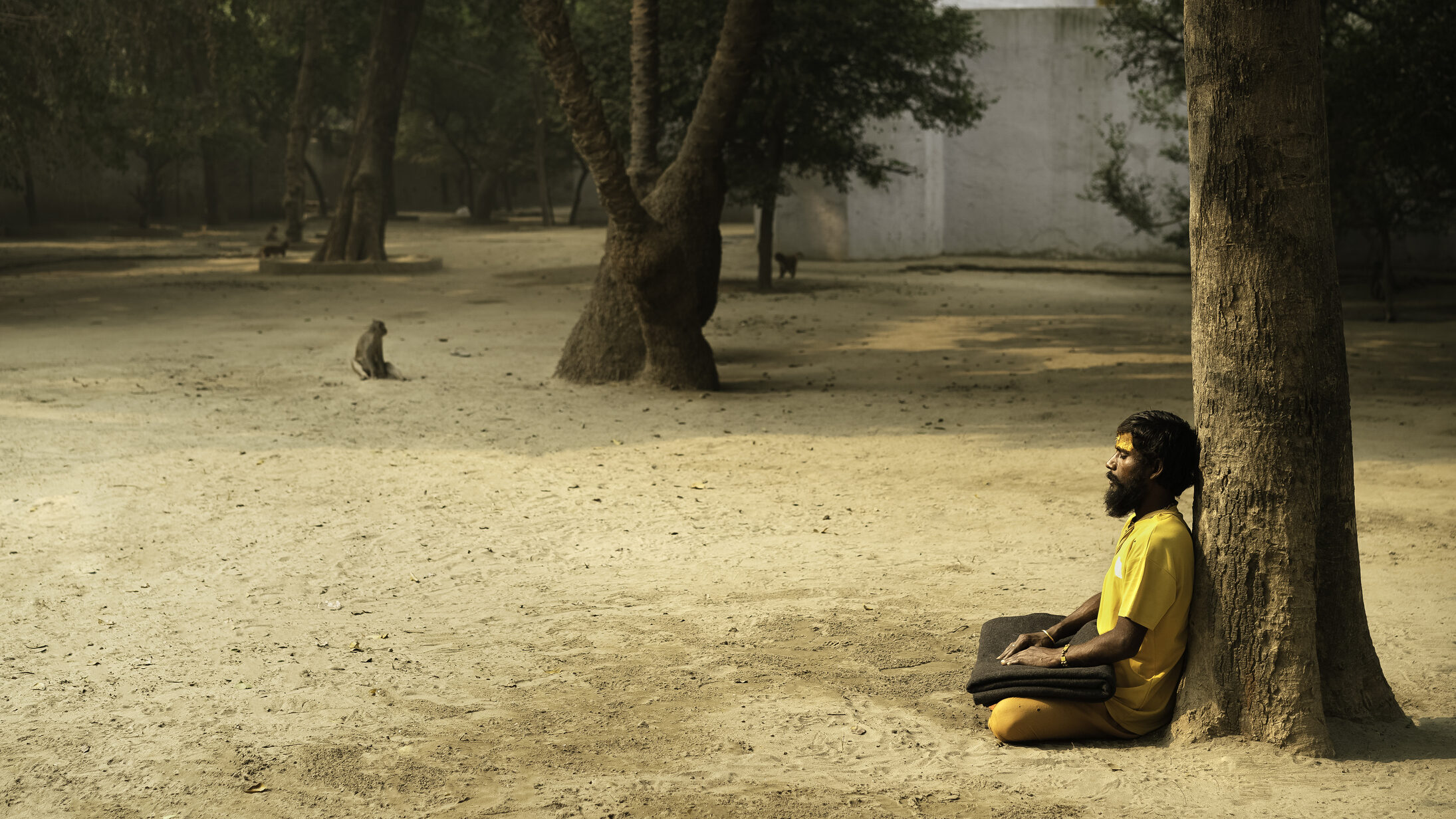
Bhakti is the name of a spiritual path that stands apart from all others. Rather than simply offering a new teaching to replace an old one, it invites us into an entirely new way of understanding and experiencing spirituality.
When Caitanya Mahāprabhu appeared in 1486, Vedic philosophy had become entangled inits own infinity. Though the scriptures consistently affirm that the Divine is composed of infinite being, consciousness and bliss, the seeker’s actual experience remained limited—confined to the information they could access and comprehend through writings and teachings of the brāhmaṇa class. We were finite beings tragically attracted to infinite life. Divine perfection was promised, but only through in impersonal books, lifeless rituals, and the teaching of others finite beings.
Continue reading





